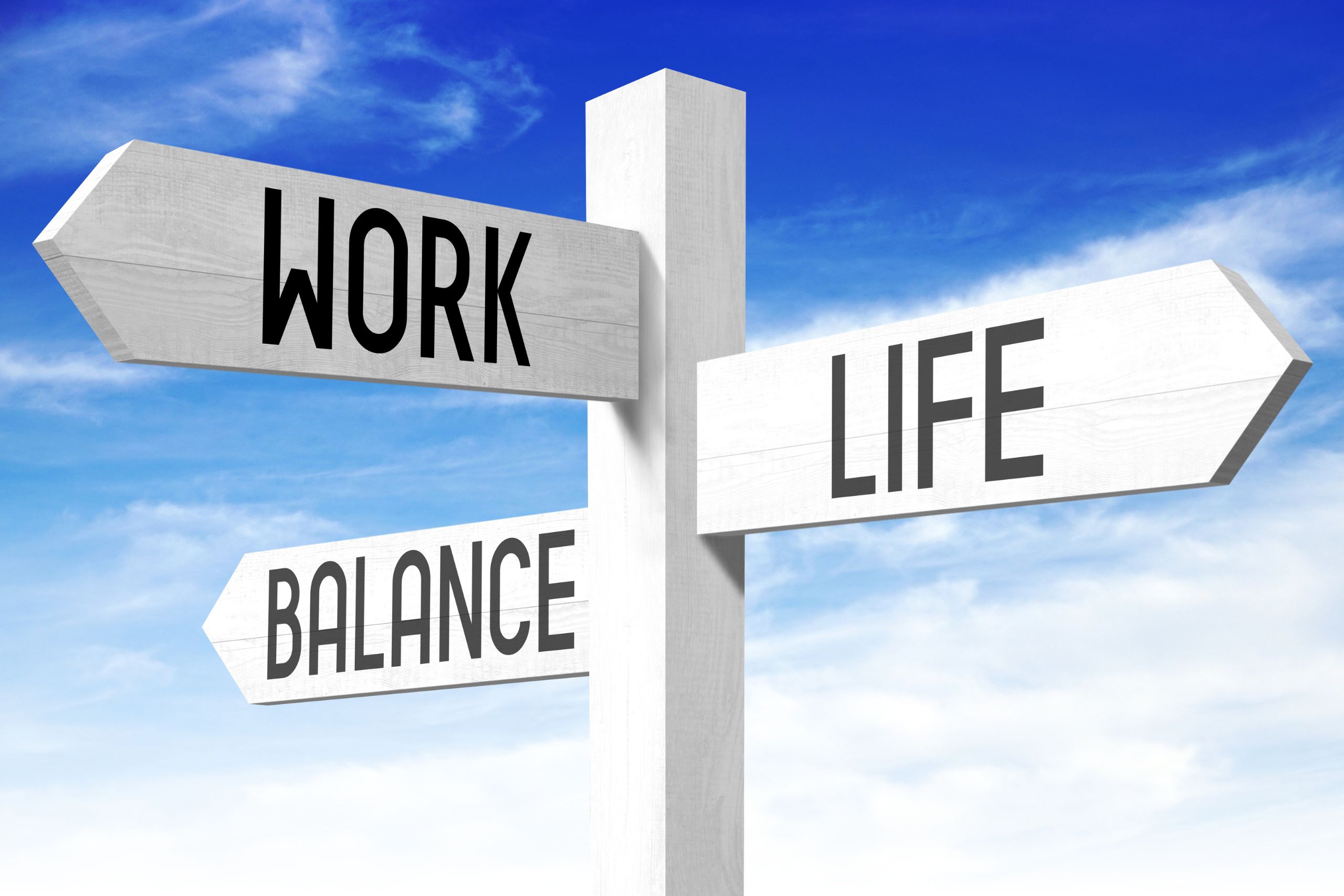EU Work – Life Balance Directive: the Importance for Individuals, Families, Communities and Europe
The EU Work-life Balance Directive is the first legislative initiative following the launch of the European Pillar of Social Rights in 2017., and formally adopted two years later in 2019. As of August of 2022, all Member States must apply these EU-wide rules to improve work-life balance for parents and carers. These rules set out minimum standards for paternity, parental and carers’ leave and establish additional rights, which will help people develop their careers and family life without having to sacrifice either.
Women’s employment rate in the EU is 10.8 percentage points lower than men’s, and 68% of women with care responsibilities work compared to 81% of men with the same duties. The Directive on work-life balance aims to both increase the participation of women in the labour market and the take-up of family-related leave and flexible working arrangements. The foreseen increase in women’s employment, their higher earnings and career progression will positively impact their and their families’ economic prosperity, social inclusion and health.
So, what specifically does the Directive bring about in this matter?
1. Introduction of paternity leave for fathers/equivalent second parents of at least 10 working days, compensated at least at the level of sick pay.
2. Strengthening of the existing right to 4 months of parental leave, by making 2 out of the 4 months non-transferable from a parent to another, compensated at a level to be set by Member States and taken in a flexible way.
3. Introduction of carers’ leave for workers providing personal care or support to a relative or person living in the same household.
4. Extension of the existing right to request flexible working arrangements (reduced working hours, flexible working hours and flexibility in place of work) to all working parents of children up to at least 8 years old, and all carers.
It is commendable that at the European level, there is a real willingness to encourage equality between parents in the care of children, as well as a willingness to encourage a balance between work and family. The European Commission claims it will support Member States in applying the new rules including through the European Social Fund+ to improve the quality and accessibility of early childhood education and care systems.
The idea behind this Directive is that the companies and communities will also benefit from a wider talent pool and a more motivated and productive labour force, as well as from less absenteeism. The rise in women’s employment will also contribute to addressing the challenge of demographic ageing and ensuring Member States’ financial stability.
In accordance with the goals of the StressOut project, we welcome this Directive and emphasize the importance of addressing work-life balance on a national level via dedicated policy instruments, as a valuable milestone in managing stress at the workplace.






